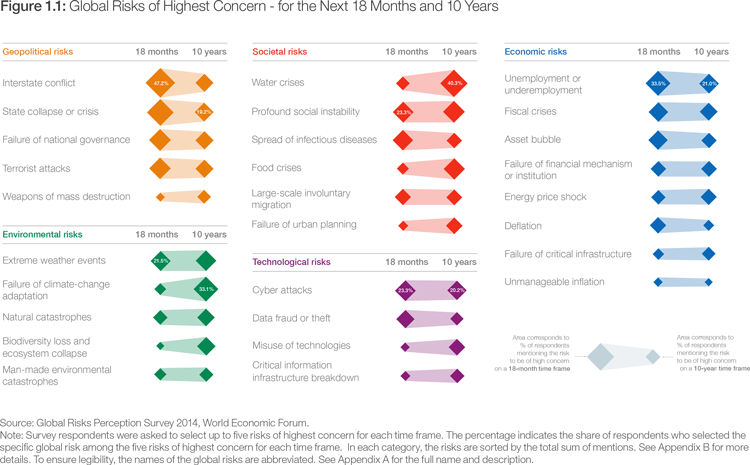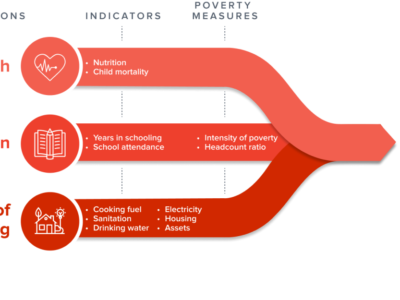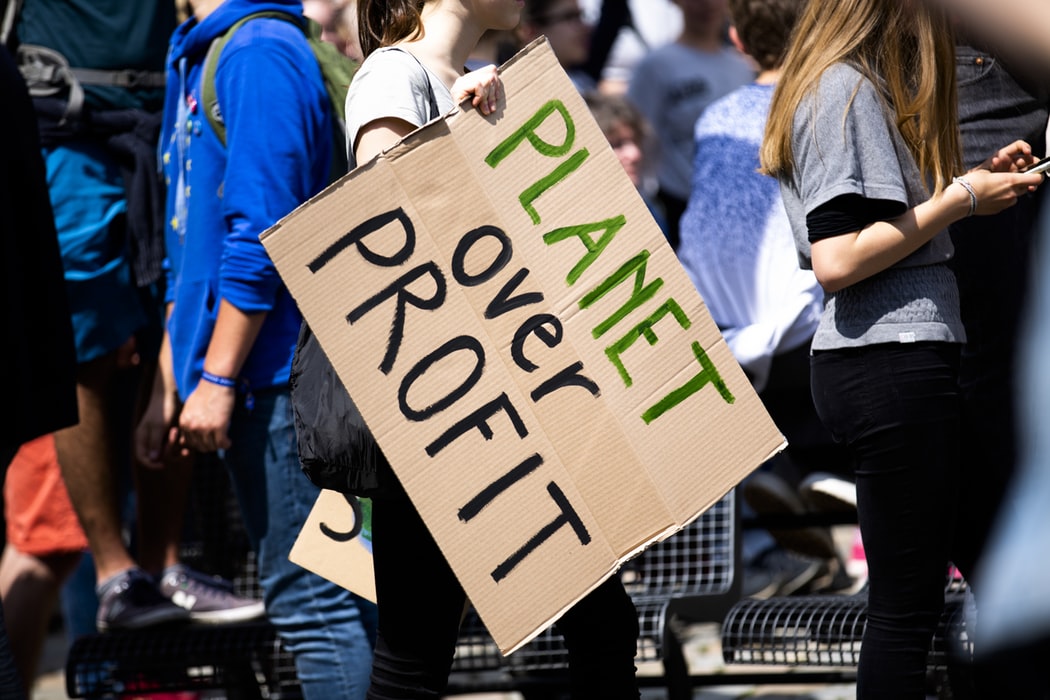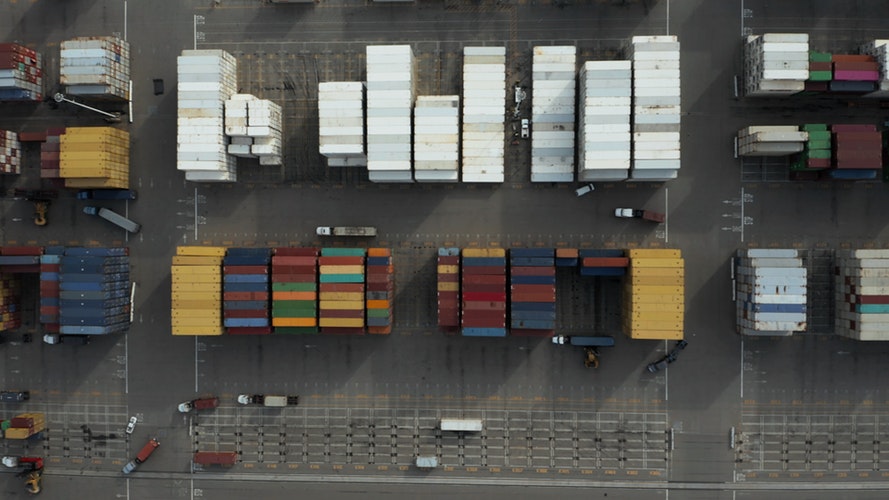The World Economic Forum (WEF) predicts looming water crises as the most global societal risks of concern over the next 18 months and 10 years into the future. The fragility of societies is of increasing concern, fuelled by underlying economic, societal and environmental developments. The effects associated with climate change will put further pressure on societies. Its expected impact on the ability to grow food and access water could prompt sudden and uncontrolled population migrations, putting additional pressure on receiving countries. Already in 2014, the number of refugees worldwide from environmental or conflict-related causes reached its highest level since World War II.

The 2015 edition of the Global Risks report completes a decade of highlighting the most significant long-term risks worldwide, drawing on the perspectives of experts and global decision-makers. Over the past decade, awareness has grown regarding the threats posed by environmental change to social, political and economic security. As the Global Risks Perception Survey 2014 highlights, three of the top 10 risks in terms of impact over the next 10 years are environmental risks: water crises, at the top of the table, and failure of climate-change adaptation as well as biodiversity loss.
According to the WEF’s report on Environment – High Concern, Little Progress, both water crises and failure of climate-change adaptation are also perceived as more likely and impactful than average. Global water requirements are projected to be pushed beyond sustainable water supplies by 40% by 2030. Agriculture already accounts for on average 70% of total water consumption and, according to the World Bank, food production will need to increase by 50% by 2030 as the population grows and dietary habits change. The International Energy Agency further projects water consumption to meet the needs of energy generation and production to increase by 85% by 2035.
The Intergovernmental Panel on Climate Change notes that weather extremes in food-producing regions are already causing price increases and suggests that the impact of climate change on weather patterns and rainfall – causing either floods or droughts – could cut crop yields by up to 25%. The nexus of food, water, energy and climate change has been identified by the US National Intelligence Council as one of four overarching mega trends that will shape the world in 2030.21 The risks interconnections map shows how survey respondents perceived this nexus to be related also to other risks, including large-scale involuntary migration.
Decision-makers will be forced to make tough choices about allocations of water that will impact users across the economy (Part 3 of this report highlights an approach developed in Australia’s Murray-Darling Basin, for addressing this issue). The situation will worsen further if more man-made environmental catastrophes causing shocks to the system happen: more recent examples include the Fukushima power plant disaster threatening to contaminate both freshwater and seawater, or the Deepwater Horizon oil spill contaminating large sections of coast along the Gulf of Mexico.
Overfishing, deforestation and the inadequate management of sensitive ecosystems such as coral reefs are increasing the stress on food and water systems. Major biodiversity loss and ecosystem collapse was assessed as high impact by respondents, but below average in terms of likelihood; the latter seems to reflect a misperception. The World Bank estimates that 75% of the world’s poor, or 870 million people, make a living from ecosystems, including tourism and the goods they produce, while 350 million are affected by the loss of coral reefs. Increasingly, decision-makers are realizing that biodiversity loss is not a second-order issue but is intricately linked to economic development, food challenges and water security.
The urgency of coordinated global action on climate change was reinforced in April and November 2014 by the Intergovernmental Panel on Climate Change’s release of its Fifth Assessment Report and the associated update. It reconfirms that warming is unequivocally happening and it is “extremely likely” that human influence has been the dominant cause. Atmospheric concentrations of three major greenhouse gases (carbon dioxide, methane and nitrous oxide) are at their highest level in 800,000 years. Strong evidence of the effects of climate change is already apparent, in terms of sea level rise, shrinking glaciers, warmer oceans and the increasing frequency of weather extremes.
Even though all of these risks are well known, governments and businesses often remain woefully underprepared, as illustrated by respondents’ perceptions that relatively little progress has been made on these risks in the last decade. At the heart of the problem is a risk-management approach based on responsive measures that assume things go back to normal after a crisis – an approach that falls short with complex or slowly evolving environmental risks such as climate change. Stakeholders have been slow to address the underlying causes of environmental risks or to address their economic, social, political and humanitarian consequences.





